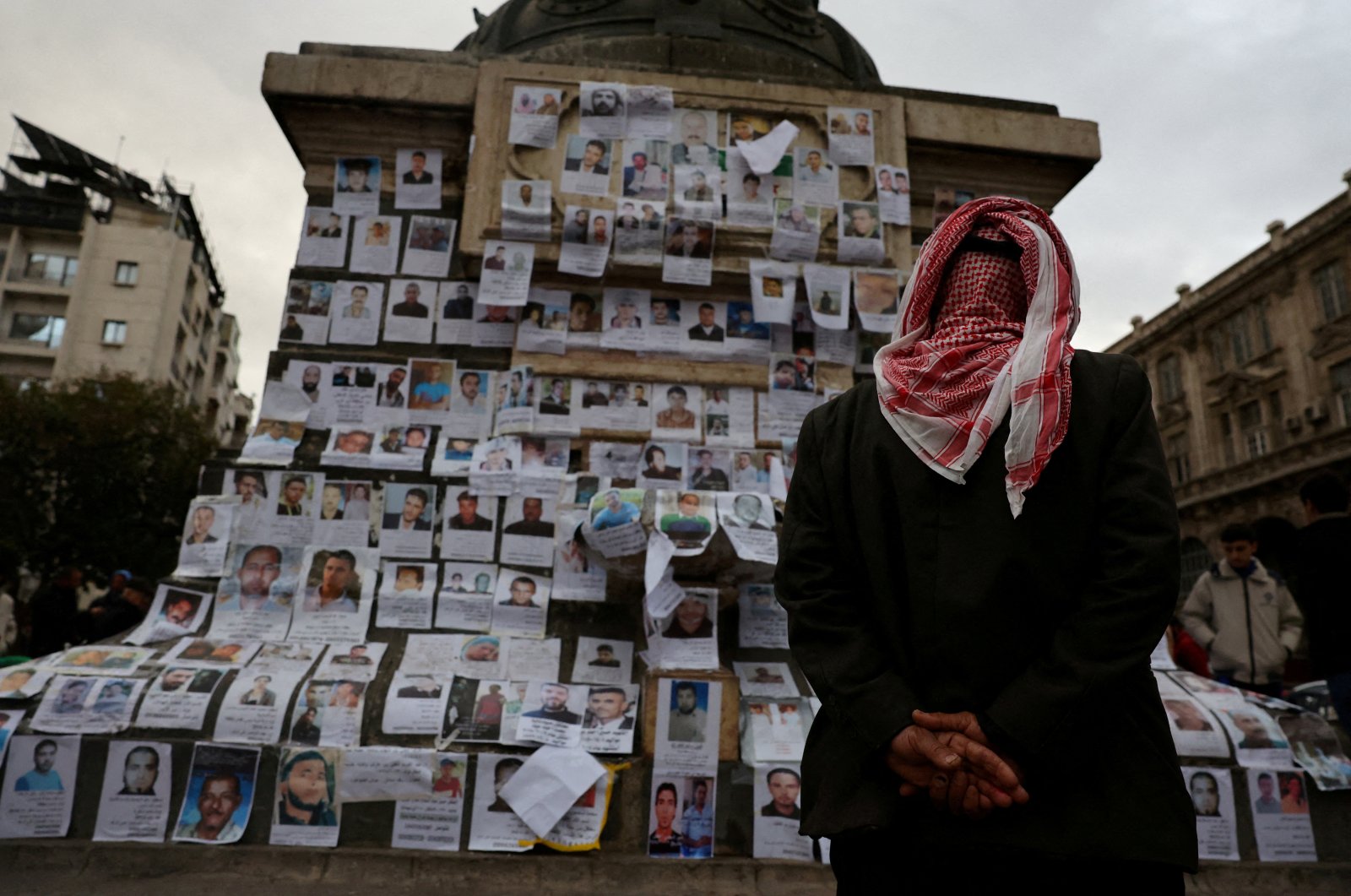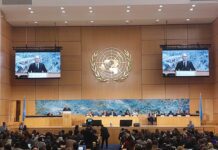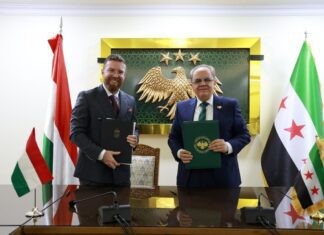
In the wake of the brutal dictatorship of Bashar al-Assad, Syria has embarked on a daunting quest for justice and accountability. With evidence mounting of war crimes and human rights violations during the dictator’s decades-long rule, efforts are intensifying to preserve evidence, locate the missing, and prosecute those responsible for atrocities.
Preserving Evidence
Caretaker Prime Minister Muhammad al-Bashir emphasized the Syrian Transitional Government’s (STG) commitment to addressing crimes committed by the Assad regime. “Committees have been assigned to manage prisons, monitor the conditions of detainees, and collect data related to crimes committed by the criminal regime,” al-Bashir said. “These documents are preserved as evidence to prove crimes and hold those responsible accountable.”
The caretaker government has also focused on safeguarding mass graves and detention centers, urging families and non-specialists to halt unauthorized excavations. These efforts aim to preserve the integrity of crime scenes and ensure the proper identification of victims.
International Mechanisms at Work
The United Nations’ International, Impartial, and Independent Mechanism (IIIM), led by Robert Petit, has been pivotal in collecting evidence of crimes committed during Assad’s reign. Petit revealed that his team has documented hundreds of detention centers and amassed a “huge amount” of evidence while working outside Syria.
“The investigation team has the potential to find more than sufficient evidence to prosecute perpetrators,” Petit said, urging the preservation of detention centers, mass graves, and other critical evidence sites for future trials.
The UN Independent Commission of Inquiry on Syria echoed this call, expressing readiness to enter Syria and collect evidence for international judicial proceedings. It stressed the importance of preserving records and physical evidence in situ to support accountability efforts.
Arrests & Prosecutions Begin
Efforts to hold key Assad regime figures accountable are gaining momentum, with Lebanese authorities taking a proactive role. Lebanon’s caretaker Prime Minister Najib Mikati confirmed that the country will cooperate with Interpol’s request to arrest former Syrian Air Force Intelligence Director Jamil Hassan, accused of war crimes, including torture and genocide.
Lebanese authorities have detained up to 30 former Syrian officers from the Assad regime and are reportedly receiving international pressure to expand arrests. Figures like Ali Mamlouk, the former head of Syria’s National Security Office, remain at large but are subject to international warrants for crimes including bombings and orchestrating violence.
A Monumental Task
The discovery of mass graves and detention centers has revealed the scale of atrocities committed under Assad’s rule. However, unauthorized searches by families of missing persons risk undermining forensic investigations. The Syrian Center for Justice and Accountability has warned that such actions could compromise evidence and hinder the identification of victims.
The STG, supported by international organizations, faces the monumental task of ensuring that evidence is preserved and justice is served. Collaborative efforts are essential to prosecuting those responsible for crimes and ensuring that Syria’s transition to a new era includes accountability and reconciliation.
Global Push for Justice
The international community has rallied to support Syria’s justice efforts. Calls for arrests and trials of key Assad regime figures continue to grow, with countries like Lebanon playing a crucial role in apprehending suspects. Meanwhile, organizations such as the IIIM and the UN Commission of Inquiry are working to secure evidence for future trials.
As Syria rebuilds, the pursuit of justice remains at the heart of the nation’s recovery. For many Syrians, accountability for the crimes of the past is essential to moving forward and creating a future based on dignity and the rule of law.








